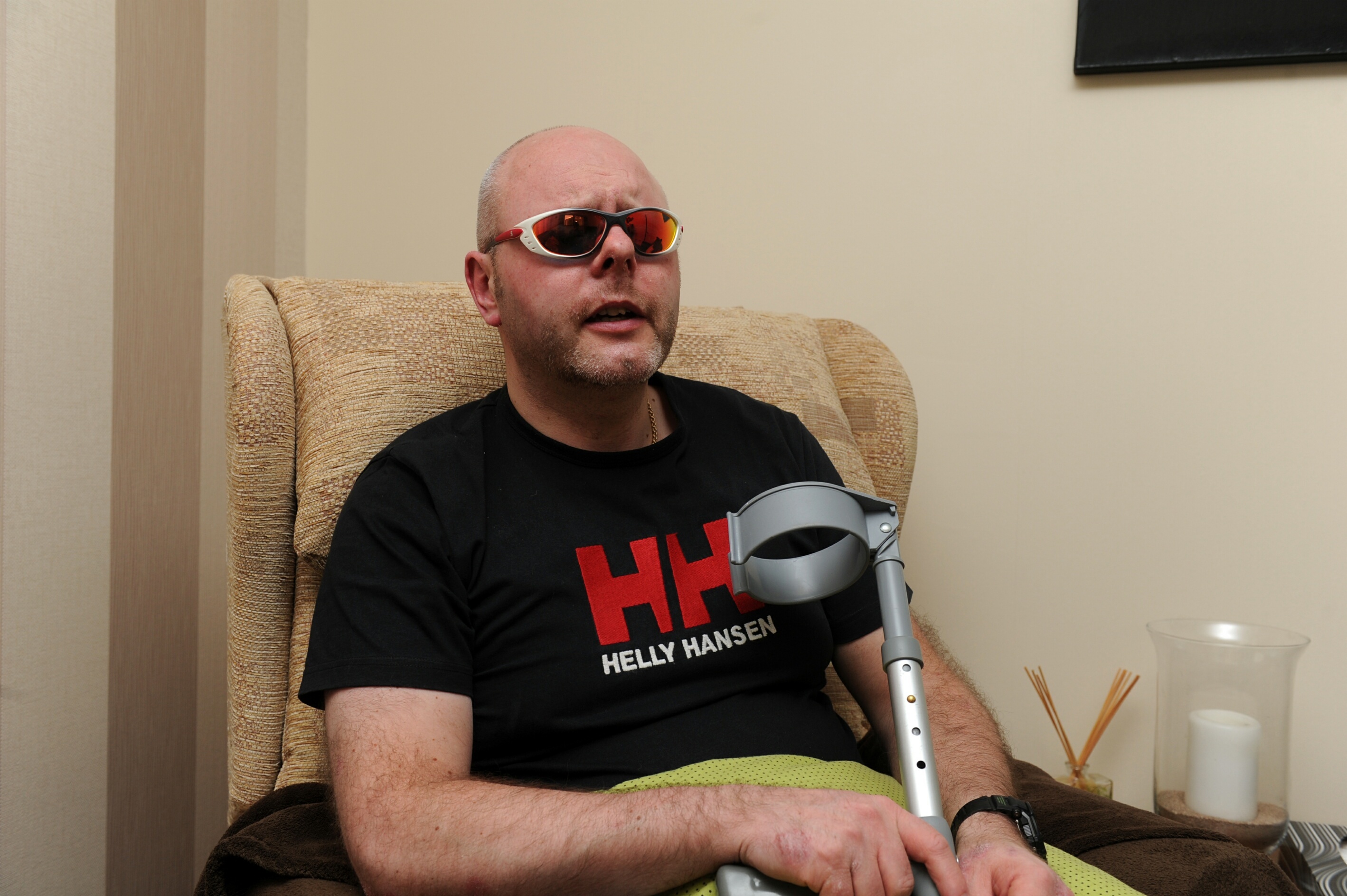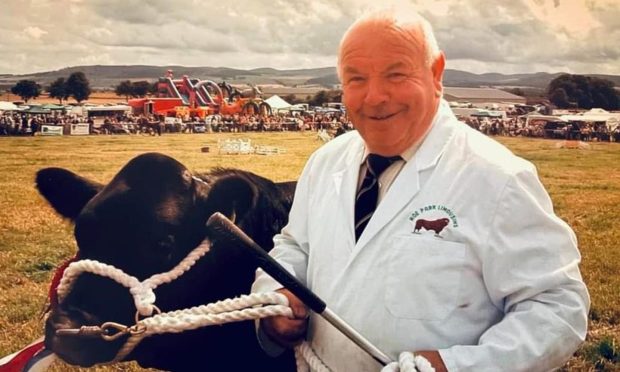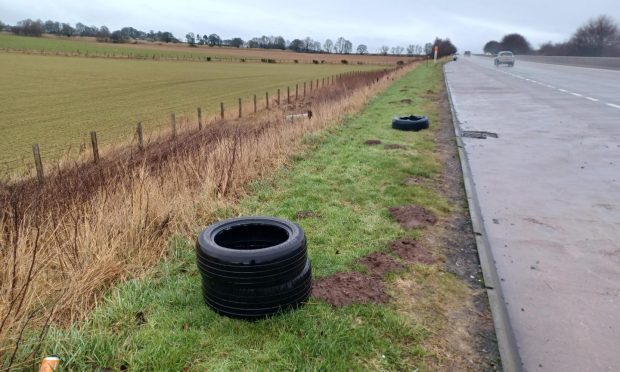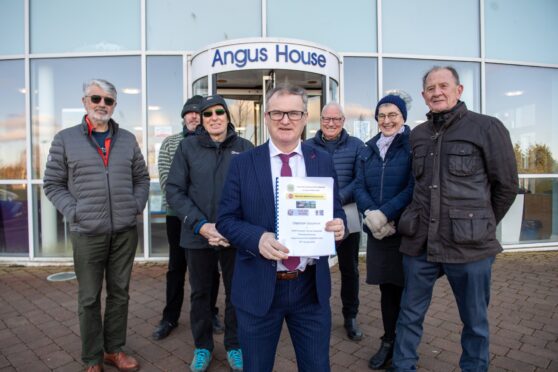A dying Angus man has admitted improved survival rates for his disease might be too late for him.
Keith Swankie said there is renewed hope from advances in treatment but he believes it is more likely to benefit the next generation.
The Arbroath father-of-two was diagnosed with the debilitating disease progressive supranuclear palsy (PSP) in 2012, with a life expectancy of around eight years.
He said: “Recent research just in from the States is giving perhaps up to 20 years from diagnosis.
“I have just seen my new consultant who tells me there’s some medication in reserve to draw on so that’s positive and keeping a positive mindset, I am sure, helps too.
“There is renewed hope with treatment advances but it will, perhaps, be of more benefit for the next generation rather than myself.”
PSP is a rare condition that can cause problems with balance, movement, vision, speech and swallowing.
It is caused by increasing numbers of brain cells becoming damaged over time.
The PSP Association estimates there are around 4,000 people living with the condition in the UK.
Mr Swankie wants to discuss the lack of awareness of the illness with Scotland’s new health secretary Jeane Freeman.
“I didn’t expect to outlive two health secretaries if I’m honest,” he said.
“Although Alex Neil visited I felt it was more just to appease me and an exercise for the media and nothing solid came from that at all.
“To be honest I think he knew he was probably nearing the end of his tenure. Shona was a breath of fresh air and I really felt confident in her.
“To be fair to Shona she did help out with several issues within my care and I’ve thanked her for that.
“I won’t forget that help along with the funding given to PSP research in Scotland which again was tremendous.
“Currently I think Scotland is missing out with PSP and that is a concern.
“I know if I were to get a face to face with the new health secretary the chief executive of the PSP Association would join me.
“We’d try to move this forward collectively and I’m hopeful that she’ll meet me face-to-face.”
Despite struggling with his condition, Mr Swankie initially campaigned across the UK to raise awareness and secured a reception at the Scottish Parliament in 2015.
One of the outcomes was the creation of a new clinical research fellowship in Scotland but Mr Swankie said awareness of the condition is no further forward than it was in 2012.
He demanded answers after declaring “enough is enough” following a recent spell in Ninewells where he was given the wrong medication and passed out in pain.










